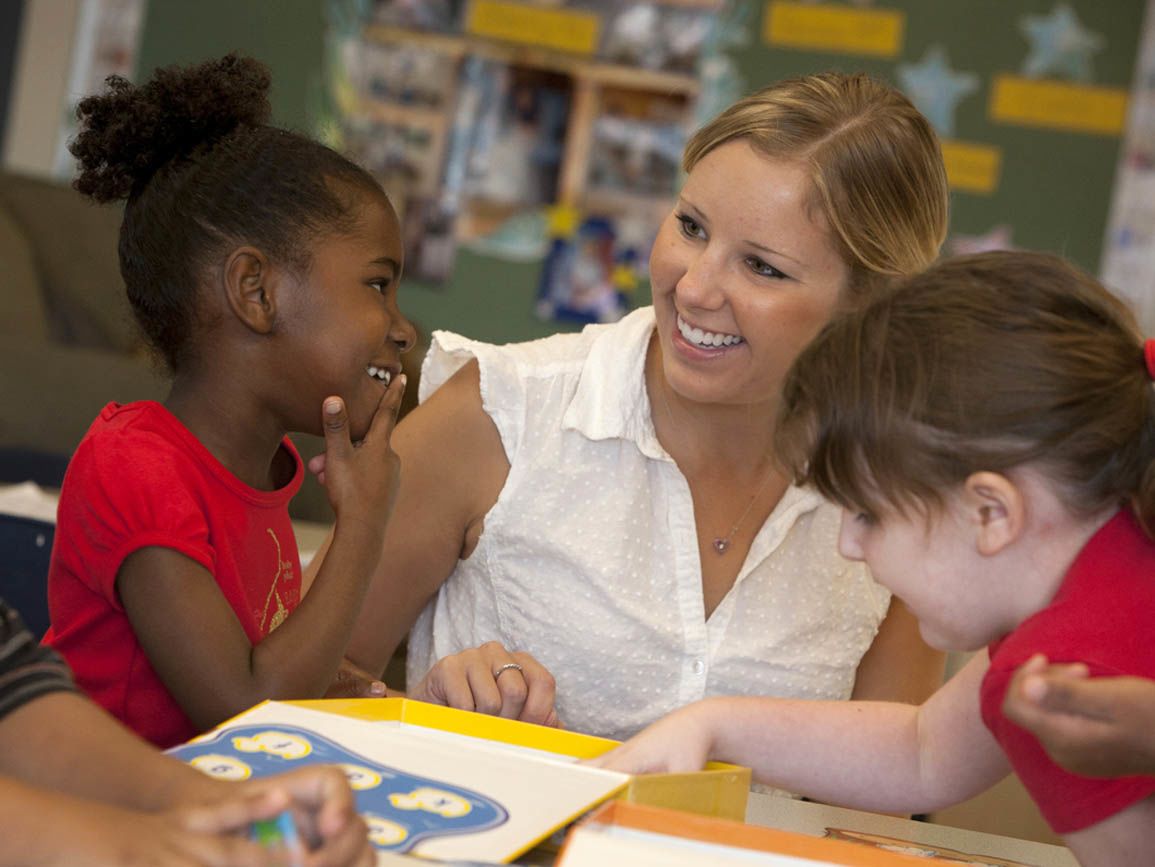In these first days and weeks with a newborn, feeding, rocking, navigating sleeping, and diaper changes occupy so much of the day. Accept this as the pace of life for now. It may take a while to find a rhythm, but eventually you will notice a pattern in your baby’s needs, and settle into a bit of a routine based on your newborn’s schedule.
You and your family are getting to know your baby and your baby is learning to know you. Your baby is learning what you look like, smell like, feel like…that you are trustworthy and dependable…that he is cared for and loved…that there is some predictability in life…and that others besides you may also be trustworthy.
Remember that every child is different. If you have a baby who sleeps only a little, your days will be very different from parents whose child sleeps a lot. If this is your first child, your day will be different than those who are navigating schedules of several older siblings.
So when you do get some blocks of time when your baby is fed, diapered, and content, you might be wondering what can you do with an awake newborn? Here are some ideas:
- Follow your baby’s lead. This is a good starting point. Watch what she is interested in and follow up on that. If your baby turns and looks when she hears a rattle, for example, repeat the sound again.
- Mimic your infant’s communication. Babies learn language through the reciprocity of communication. Your baby coos, you coo back. Your baby waves her arms, you wave back.
- Engage with your baby. Faces are of great interest to babies. Your baby may enjoy looking into your eyes. Eye contact is a key way to connect with your baby. When you are engaged face-to-face, eye-to-eye, talk to your baby. “Do you feel the wind? The sun sure is bright.” While your baby won’t initially understand the words, your tone is important. And listening to your words will eventually help your baby make a connection between what you say and the meaning.
- Get on your infant’s level. Lay out a quilt and get on the floor with your baby. Present toys or mirrors to look at.
- Develop your baby’s neck strength. As your baby builds neck control, provide small bursts of tummy time to help strengthen your baby’s trunk, neck, and arm muscles. Some babies don’t like a lot of time on their tummies. Start for just a minute or so and build up to a few minutes. Always closely supervise, and if your child appears sleepy move her child to her crib on her back.
- Read to your newborn. Hold your baby on your lap and look at a board book together. Point to pictures in the book and name them.
- Captivate your infant’s sense. Provide interesting things for your child to view, touch, and smell. For example, provide different surfaces for tummy time — sometimes a quilt, sometimes the carpet — and let your child experience the different textures. Name them (“this quilt is softer than the carpet…”). Talk about what you have.
- Incorporate your baby into your routine. Carry your child around your house and engage him in your daily routine; show him things and name them. (“This is where our dog sleeps. And this is where we store the dishes. I see cups and plates and bowls…”). If you have never done this before, you may feel self-conscious at first, but it is a great way for your child to learn your voice and lay the foundation for speech development.
- Know when to hold your child. Each child has their threshold of “holding” time. Some prefer more, while others desire less. Tune into your child’s preference and respond to their cues.
- Sing to your baby. Whether you think you have a nice voice or not, your child will enjoy listening to your voice as you sing simple songs or recite rhymes you remember from your childhood.
- Get siblings involved. Include your baby in your routines with older siblings. This provides its own wonderful experience for all. In fact, it is usually the siblings who get the best reactions from babies!
Remember: you don’t need special or scheduled time to play with your baby. In fact the best time to sing, talk, and interact is when you are engaged in the most essential of caregiving routines such as holding, feeding, bathing, changing diapers.
Most importantly, this is an adjustment time—for your newborn, and also for you. Don’t put excessive pressure on yourself, and try to enjoy this unique time of life.
Teach. Play. Love. Podcast Episode 5: Hi Baby! Let’s Talk
On this episode, Rachel Robertson, education and development vice president, and Ruth Fidino, learning and development director, discuss the magic of social engagement for babies.
More on Infant Development
- Get your home ready for your new baby with tips from a first-time mom.
- Learn how sign language helps child development and start signing with your baby today.
- Learn what to expect and tips to help cope with a teething baby.





